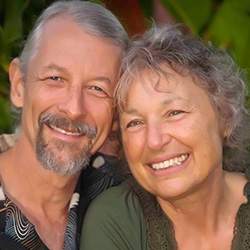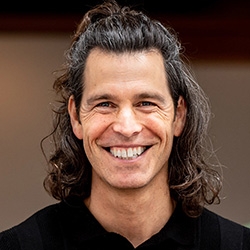

NVC Resources on Responsibility
-
Strengthen empathy, goodwill, and authenticity at home, meeting life's challenges with grace.
-
Learn to recognize four forms of thinking and speaking that are likely to lead to disconnection.
-
Building your body and mind awareness can help you better regulate/calm your emotions. Regular self-empathy will help you better regulate your emotions as well as increase your body and mind awareness. If you are not aware of amygdala activation (fight/flight/freeze response), you will react instead of responding with choice. Use this eight-step process to develop your self-empathy/regulation skills.
-
It can be challenging to tell people that you don’t like a certain behaviour or action of theirs. Even with supportive intentions and compassionate language your message might be difficult for someone to receive. Of course, we are not responsible for others’ reactions, but we are responsible to care about each other, and there are effective ways to express ourselves with more care.
-
What are the most powerful things I can do to build an inspired relationship? I answered the question with romantic relationships in mind; however, I believe the answer below applies to all important relationships.
-
In this book excerpt, Kathleen and Jared offer a path to reach deeper clarity, distinguishing between freedom and submission / rebellion.
-
Trainer Tip: Ask someone what they enjoy about you being in their life. For example, “Would you tell me 3 specific reasons you enjoy having me in your life?” To a vague reply like, “Oh, you know I love you. I just like spending time with you.” Or, “You’re one of my best employees!” ask for more specificity (eg. “Can you tell me what I do and what needs it meets that makes me one of your best employees?”). This may reveal more to both of you.
-
Strengthen your NVC practice to meet conflict with empathy, and ask for what you need.
-
Miki Kashtan helps you move past fear and build skill in making clear, confident requests.
-
Trainer tip: It's often easy for us to hear rejection when someone says “no” to us. If we focus on the rejection, we may feel hurt and fail to take the time to understand what is going on with them. However, if we focus on their feelings and needs, we're more likely to uncover what they want and what prevents them. To increase success in resolving conflicts and find solutions that work for everyone, hear the “yes” behind their "no".

Quick Links
Subscription Preferences
Stay In Touch!
Looking for ways to keep up with NVC Academy news, get special offers, free resources, or words of inspiration? Here are five ways to stay engaged:










